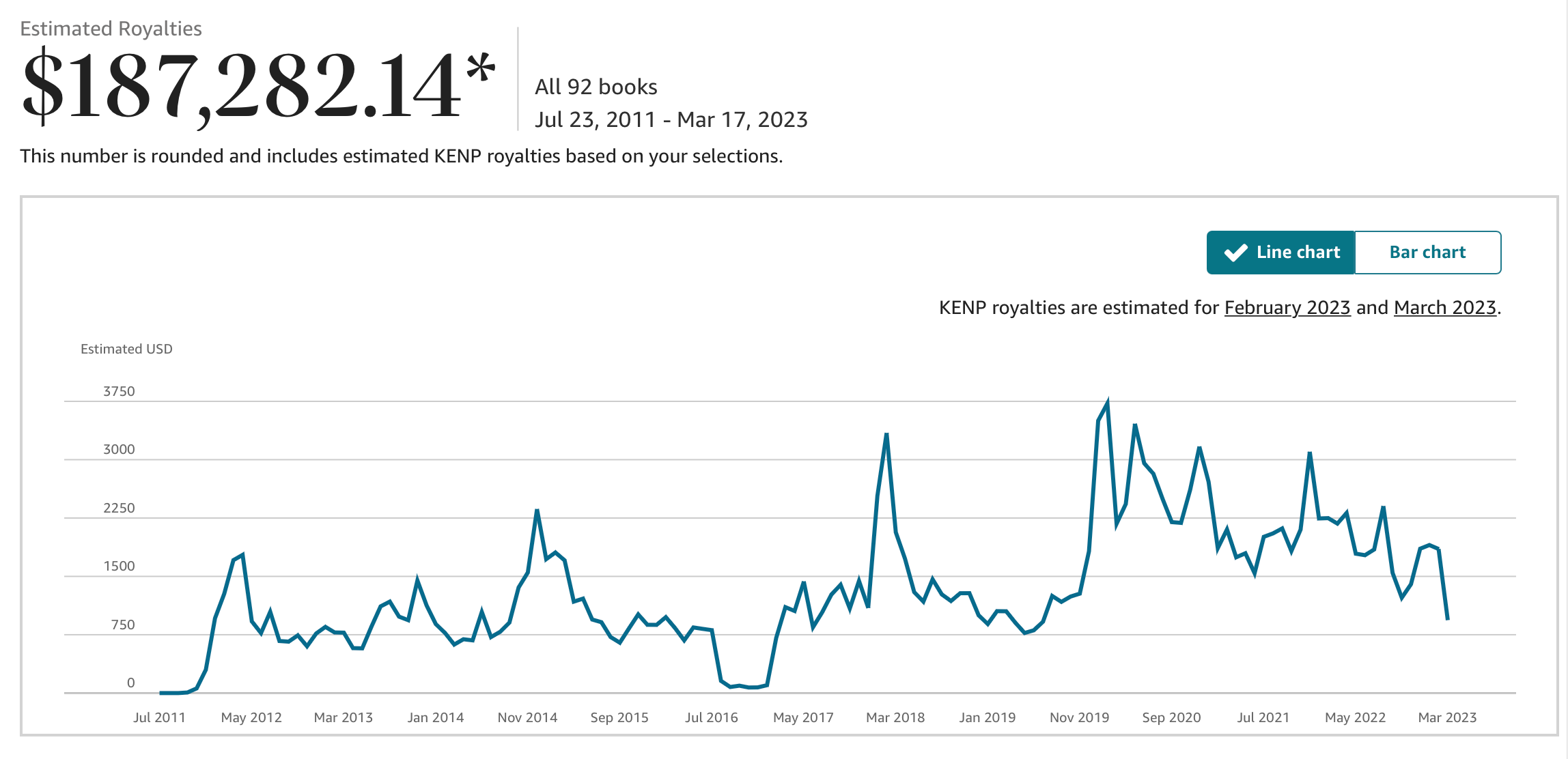200 companies to participate, creating one of the biggest four-day work experiments in the world
Earlier this year, left-wing Spanish political party Más País announced that the government had accepted its proposal to trial a four-day working week. Following further talks this month, the Government has agreed to launch a pilot project for companies interested in the idea.
The current proposal is for a three-year, €50m project that would allow companies to trial reduced hours with minimal financial risk. Any initial costs occurring from reduced labor and productivity will be covered by the Government at 100% the first year, 50% the second year, and 33% the third year.
This will allow approximately 200 companies to participate, with anywhere from 3,000 to 6,000 workers, creating one of the biggest four-day work experiments in the world.
The idea of a four-day working week has been gaining global momentum
The idea of a four-day workweek has gained increased momentum over the last few years, due to successful experiments across the UK, US, Japan, Sweden, and New-Zealand. Researchers at Henley Business School have surveyed over 500 companies to determine the effects of switching to four-day working. Their results found the companies were making combined savings of almost £29 billion a year from reduced staff overheads. What’s more, 62% said their staff took fewer sick days, 63% said their staff produced better quality work and 64% said their staff were more productive.
As the evidence has mounted left-wing politicians and business leaders have taken note, so much so that in November 2020, a group of politicians from across the world wrote an open letter to Government leaders in the UK, US, Germany, Spain, New-Zealand and the Republic of Ireland, stating:
“Throughout history, shorter working hours have been used during times of crisis and economic recession as a way of sharing work more equally across the economy between the unemployed and the over-employed,”
“For the advancement of civilization and the good society, now is the moment to seize the opportunity and move towards shorter working hours with no loss of pay.”
The shift to remote working during the pandemic has increased the need for a shorter workweek
The pandemic has irrevocably disrupted our working lives, with people all over the world swapping board rooms for their bedrooms. While remote working technologies have been invaluable tools, helping knowledge workers remain gainfully employed while sheltering in place; with it has come issues around working-hours, mental wellbeing, and burnout.
According to data from NordVPN, in the U.S., remote employees are logging three hours more per day on the job than before the pandemic. In France, Spain, and the U.K. the day has stretched an additional two hours. A recent survey by global online employment platform Monster further revealed that over two-thirds (69%) of employees are experiencing burnout symptoms while working from home. Despite work burnout, the majority (59%) are taking less time off than they normally would, and 42% of those still working from home are not planning to take any time off to decompress.
Although remote working has provided many of us with a break from commuting, a mental break from work, and remote-work technology, is equally important. Adopting a four-day working week would provide people with that much-needed break, allowing more time for family, friends, exercise, or even getting housework out of the way.
Is it the right time, given the state of the post-pandemic economy?
Right-wing politicians and business leaders remain extremely nervous about the idea of a four-day week, given the dire state of the post-pandemic economy. They see what might in normal times be an interesting experiment as reckless and irresponsible.
Ricardo Mur, from one of Spain’s leading business associations, described the idea as “madness”, in the wake of the country’s worst recession since the civil war. “Getting out of the crisis requires more work, not less”.
Whether the time is right for a new working week is a difficult question to answer. What we do know is that working longer hours does not lead to higher levels of productivity. In a Stanford study, Professor John Pencavel found that productivity per hour declines sharply when a person works more than 50 hours a week. After 55 hours, productivity drops so much that putting in any more time becomes pointless. Spain is one of the countries where workers put in more hours than the European average. But interestingly, it isn’t among the most productive European countries.
With the increase in remote working, the danger is that boundaries between work and home become increasingly blurred, and longer hours become the norm. When such a situation persists, it is easy to neglect your physical and mental health.
As opposed to focusing on a forced reduction in hours, perhaps flexible working and remote working should go hand in hand. Focus should turn to understanding how to harness the productivity benefits of remote working technologies, balanced against the need for a better work-life balance.
Covid has forced a fundamental change in the way we live and work and provided an opportunity to rewrite the rulebook on working-life. As we emerge from the pandemic, we should not miss the opportunity to reconsider how to best work in the digital age.





